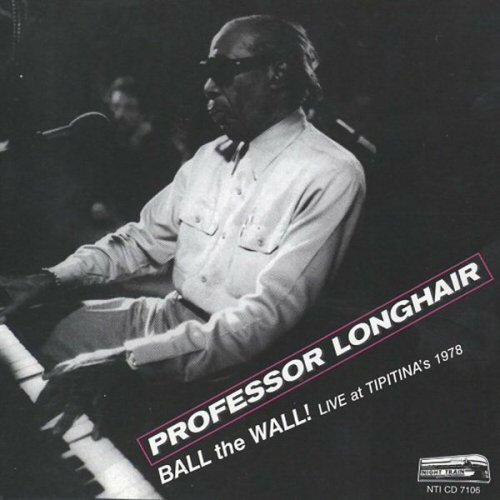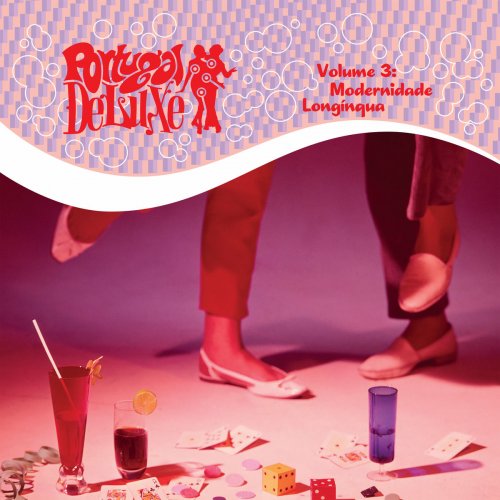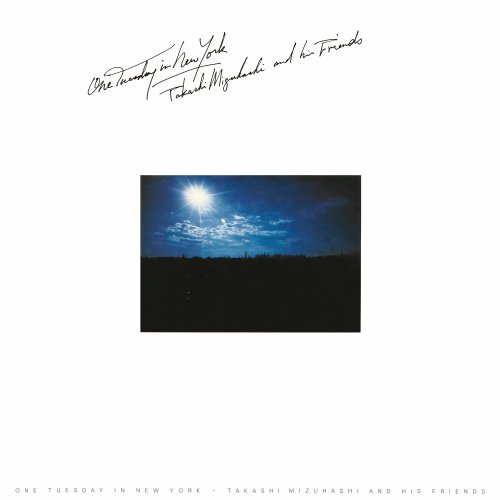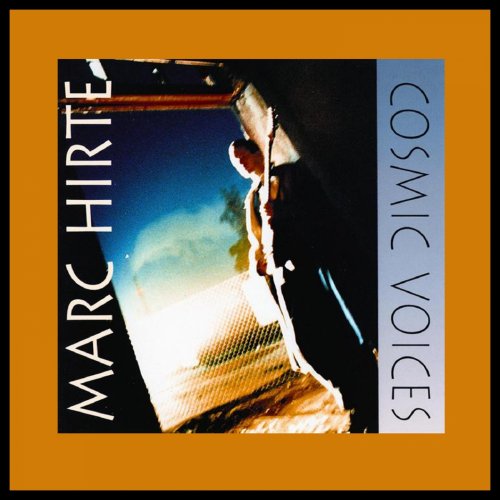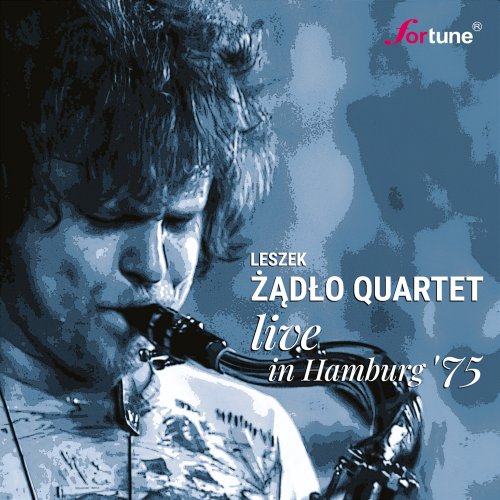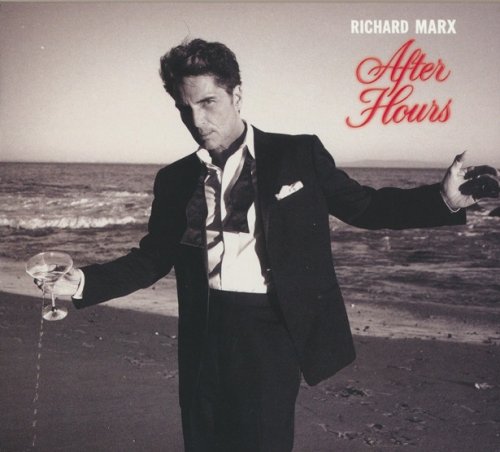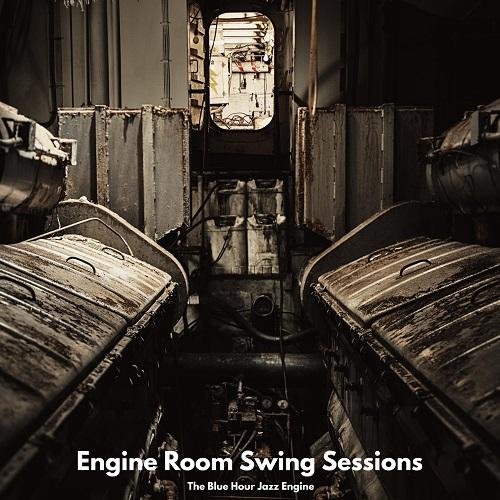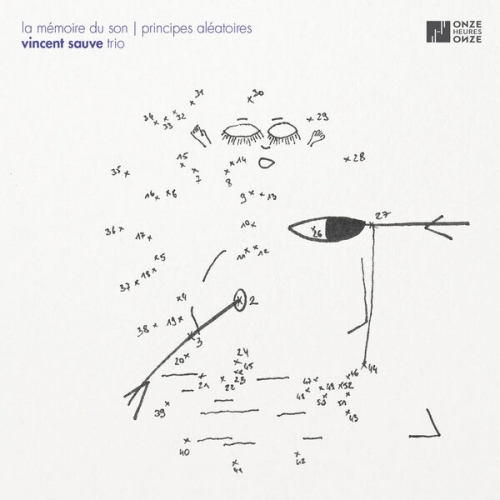Sviatoslav Richter - Richter The Master, Vol. 9: Bach & Chopin (2007)
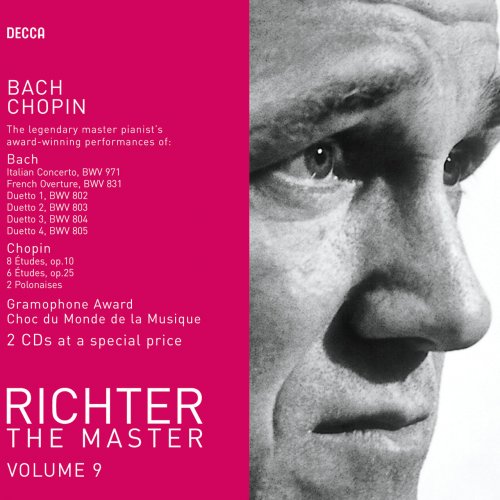
Artist: Sviatoslav Richter
Title: Richter The Master, Vol. 9: Bach & Chopin
Year Of Release: 2007
Label: Decca
Genre: Classical
Quality: FLAC (tracks)
Total Time: 01:59:02
Total Size: 462 Mb
WebSite: Album Preview
Tracklist: Title: Richter The Master, Vol. 9: Bach & Chopin
Year Of Release: 2007
Label: Decca
Genre: Classical
Quality: FLAC (tracks)
Total Time: 01:59:02
Total Size: 462 Mb
WebSite: Album Preview
CD 1
1. J.S. Bach: Italian Concerto in F, BWV 971 - 1. (Allegro)
2. J.S. Bach: Italian Concerto in F, BWV 971 - 2. Andante
3. J.S. Bach: Italian Concerto in F, BWV 971 - 3. Presto
4. J.S. Bach: Partita (French Overture) for Harpsichord in B minor, BWV 831 - 1. Ouverture
5. J.S. Bach: Partita (French Overture) for Harpsichord in B minor, BWV 831 - 2. Courante
6. J.S. Bach: Partita (French Overture) for Harpsichord in B minor, BWV 831 - 3. Gavotte I-II
7. J.S. Bach: Partita (French Overture) for Harpsichord in B minor, BWV 831 - 4. Passepied I-II
8. J.S. Bach: Partita (French Overture) for Harpsichord in B minor, BWV 831 - 5. Sarabande
9. J.S. Bach: Partita (French Overture) for Harpsichord in B minor, BWV 831 - 6. Bourrée I-II
10. J.S. Bach: Partita (French Overture) for Harpsichord in B minor, BWV 831 - 7. Gigue
11. J.S. Bach: Partita (French Overture) for Harpsichord in B minor, BWV 831 - 8. Echo
12. J.S. Bach: 4 Duets, BWV 802/805 - 1. Duetto I in E minor, BWV 802
13. J.S. Bach: 4 Duets, BWV 802/805 - 2. Duetto II in F, BWV 803
14. J.S. Bach: 4 Duets, BWV 802/805 - 3. Duetto III in G, BWV 804
15. J.S. Bach: 4 Duets, BWV 802/805 - 4. Duetto IV in A minor, BWV 805
CD 2
1. Chopin: 12 Etudes, Op. 10 - No. 1 in C
2. Chopin: 12 Etudes, Op.10 - No. 2. in A Minor - "Chromatique"
3. Chopin: 12 Etudes, Op.10 - No. 3. in E - "Tristesse"
4. Chopin: 12 Etudes, Op.10 - No. 4. in C Sharp Minor
5. Chopin: 12 Etudes, Op.10 - No. 6. in E Flat Minor
6. Chopin: 12 Etudes, Op.10 - No. 10. in A Flat
7. Chopin: 12 Etudes, Op.10 - No. 11. in E Flat
8. Chopin: 12 Etudes, Op.10 - No. 12. in C Minor - "Revolutionary"
9. Chopin: 12 Etudes, Op.25 - No. 5 in E Minor
10. Chopin: 12 Etudes, Op.25 - No. 6 in G Sharp Minor
11. Chopin: 12 Etudes, Op.25 - No. 8 in D Flat
12. Chopin: 12 Etudes, Op.25 - No. 11 in A Minor "Winter Wind"
13. Chopin: 12 Etudes, Op.25 - No. 12 in C Minor
14. Chopin: 12 Etudes, Op.25 - No. 7 in C Sharp Minor
15. Chopin: Polonaise No.1 in C Sharp Minor, Op.26 No.1
16. Chopin: Polonaise No.4 in C Minor, Op.40 No.2
Performers:
Sviatoslav Richter, piano
A strange but compelling coupling, this two-disc set in Decca's 2007 Richter -- The Master series joins the Russian pianist's 1991 recordings of Bach's Italian Concerto, French Overture, and four duetti with his 1988 recordings of eight etudes from Chopin's Opus 10 set; six etudes from his Opus 25 set; plus the Polonaises in C sharp minor, Op. 26/1; and C minor Op. 40/2. In the Italian Concerto, Richter is robust in the fast outer movements and probing in the slow central movement. In the French Overture, he is tightly controlled in the opening Ouverture and delightfully varied in the seven dance movements that follow. And in the four brief duetti that end the disc, Richter is lyrical and contrapuntal at the same time, making each line sing in delicious, delirious harmony. In short, these are fabulous Richter performances.
However, the Chopin selections on disc two, though manifestly the work of the same performer, are something else entirely. Unlike virtually every other major pianist of the twentieth century, Richter doesn't restrict himself by playing all 12 of either set of etudes, nor both of either set of Polonaises. Nor does he restrict himself to playing them in order: he plays the fifth, sixth, eighth, eleventh, and twelfth of the Opus 25 set and then circles back for the seventh. At the very least, this keeps things fresh and one never knows what to expect. But more than that, this keeps things interesting. The connections Richter draws between pieces are always surprising, and the unity he finds in his ordering is convincing.
But these oddities are nothing compared with the eccentricities of Richter's performances. To say he impulsively races through the C major and C minor etudes, that he brings out previously unsuspected inner voices of the E major and A minor etudes, and that he makes the most of the drama inherent in every fermata and sforzando in the C sharp minor Polonaise is only to mention the most obvious eccentricities in Richter's playing. At a deeper level, it is his complete subjectivity, his determination to play every piece as if there had never been another performance of it before, and his conviction that makes Richter's interpretations uniquely compelling. Though the sound of both sets of live performances is fairly rough, the performances themselves, especially the Chopin, are mandatory listening for any Richter fan who hasn't already heard them.
However, the Chopin selections on disc two, though manifestly the work of the same performer, are something else entirely. Unlike virtually every other major pianist of the twentieth century, Richter doesn't restrict himself by playing all 12 of either set of etudes, nor both of either set of Polonaises. Nor does he restrict himself to playing them in order: he plays the fifth, sixth, eighth, eleventh, and twelfth of the Opus 25 set and then circles back for the seventh. At the very least, this keeps things fresh and one never knows what to expect. But more than that, this keeps things interesting. The connections Richter draws between pieces are always surprising, and the unity he finds in his ordering is convincing.
But these oddities are nothing compared with the eccentricities of Richter's performances. To say he impulsively races through the C major and C minor etudes, that he brings out previously unsuspected inner voices of the E major and A minor etudes, and that he makes the most of the drama inherent in every fermata and sforzando in the C sharp minor Polonaise is only to mention the most obvious eccentricities in Richter's playing. At a deeper level, it is his complete subjectivity, his determination to play every piece as if there had never been another performance of it before, and his conviction that makes Richter's interpretations uniquely compelling. Though the sound of both sets of live performances is fairly rough, the performances themselves, especially the Chopin, are mandatory listening for any Richter fan who hasn't already heard them.
DOWNLOAD FROM ISRA.CLOUD
Sviatoslav Richter Richter The Master Vol. 9 Bach & Chopin 07 1402.rar - 462.5 MB
Sviatoslav Richter Richter The Master Vol. 9 Bach & Chopin 07 1402.rar - 462.5 MB
